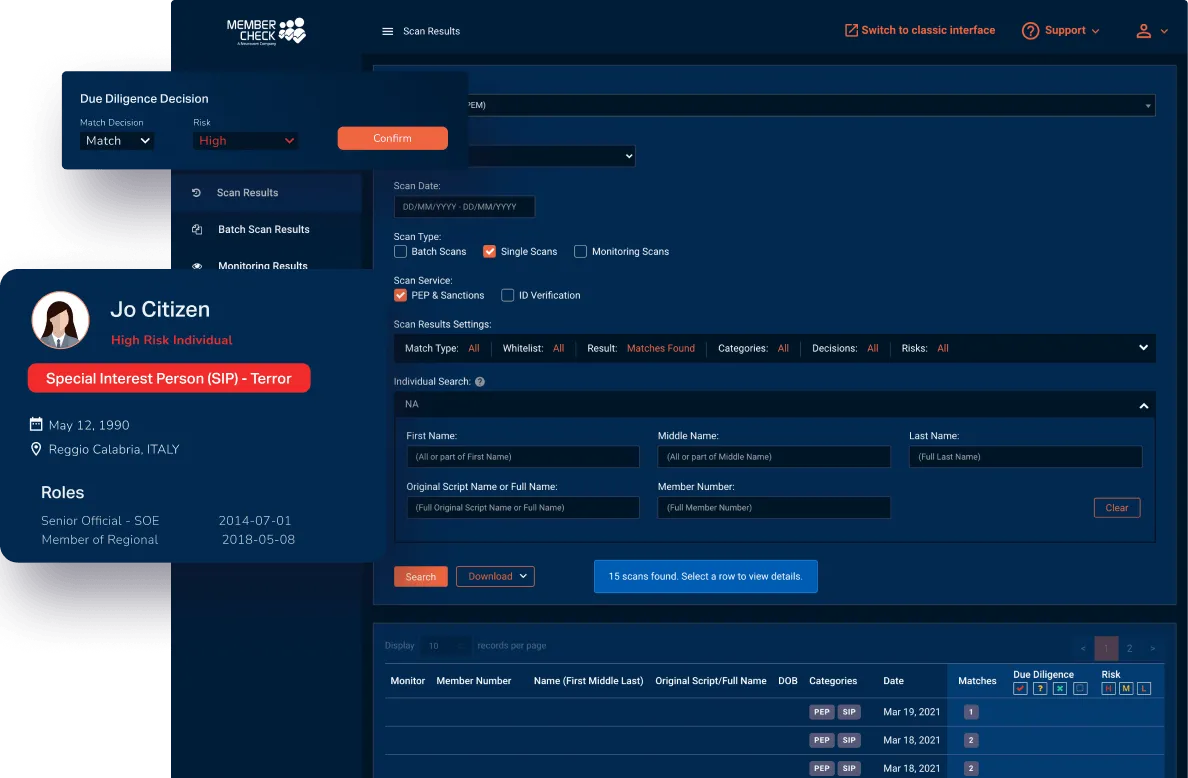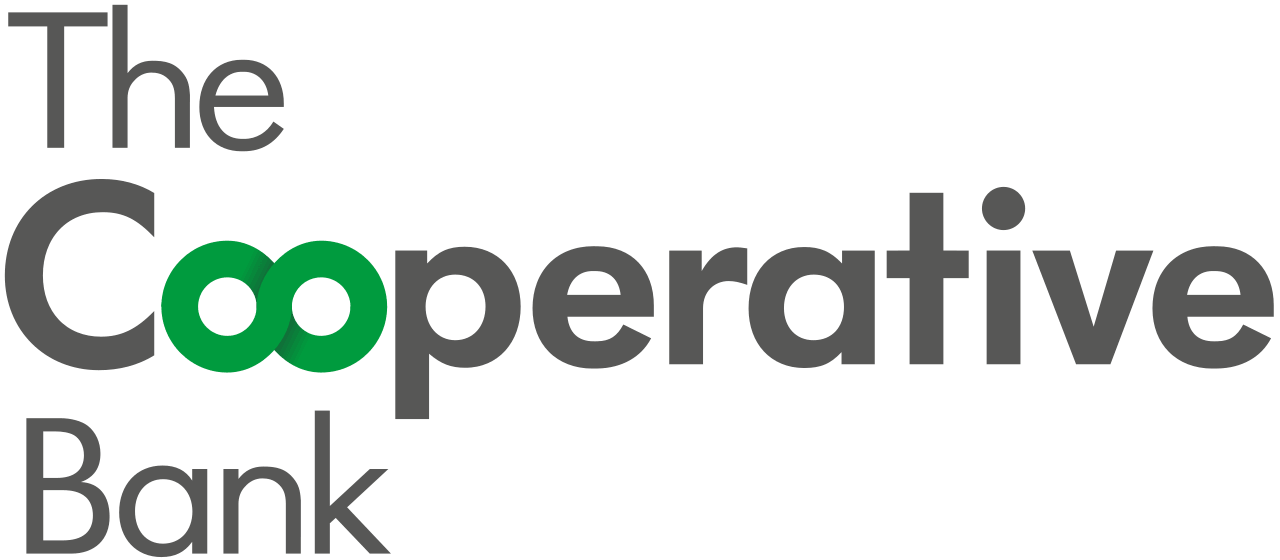


Statutory AML/CTF Supervisors in Estonia

Finantsinspektsioon (Estonian Financial Supervision and Resolution Authority)
Finantsinspektsioon conducts state supervision over banks, insurance companies and intermediaries, investment firms, fund managers, investment and pension funds, payment institutions, creditors and credit intermediaries, and the securities market that all operate under activity licences granted by Finantsinspektsioon.
As the financial supervisory authority, Finantsinspektsioon is involved in the prevention of money laundering through its monitoring of financial intermediaries as part of its supervisory work. Primarily, it has responsibility for ensuring that the organisation and risk management of banks and other financial intermediaries implement processes and systems that match the business strategy, risk and that those systems are adequately staffed. In the event of uncovering evidence of money laundering or terrorist financing during the course of Finantsinspektsioon’s supervision, this is passed on to the Estonian Financial Intelligence Unit (FIU).
The supervision activities of Finantsinspektsioon are split between the supervision of markets and services and capital supervision. The aim of financial supervision is to ensure the stability and service quality of companies providing financial services, and so support the trustworthiness of the Estonian financial system.
How to comply with AML obligations in Estonia?
As an obliged entity, you must prepare a risk assessment taking account of at least the following categories:
Risks relating to your customers
Risks relating to countries, geographic areas or jurisdictions that you are engaged with
Risks relating to your products, services, or transactions
Risks relating to communication, products, services, transactions or delivery channels between you and your customers
In addition to carrying out the above risk assessment, you must also:
Establish rules of procedure that allow for effective mitigation and management of risks relating to money laundering and terrorist financing
Cooperate with other obliged entities and with state supervisory and law enforcement authorities in preventing money laundering and terrorist financing
Appoint a management board member to oversee the Anti Money Laundering and Terrorist Financing Prevention Act (where you have more than one management board member)
Apply due diligence measures upon establishing a business relationship and upon making or mediating occasional transactions outside a business relationship where cash payment of over 15 000 Euros or an equal amount in another currency is made
Establish principles for monitoring a business relationship
Register the date of the transaction or period including a description of the transaction.
What are my AML/CFT reporting obligations?
If you identify an activity or circumstance which might be an indication of money laundering, terrorist financing or you suspect that money laundering or terrorist financing has occurred, you must notify the FIU. The notification must be submitted within two working days from identifying the act or the circumstances giving rise to the suspicion.
Similarly, you must also notify the FIU of any transaction where the financial obligation exceeds 32 000 Euros or an equal amount in another currency is performed in cash. The notification must be made within two working days of executing the transaction regardless of whether the transaction is carried out in a single payment or in several linked payments.
How can MemberCheck Help?
Our clients are provided with a secure and simple solution in regard to scanning for politically exposed or high-risk individuals, as well as checking names against sanction, regulatory, law enforcement, and other official lists.
Use our sophisticated scan filters and due diligence workflow to minimise the amount of time you spend sorting through, false matches. Scan results and reporting sections allow you to access customer details, whenever and wherever required, as well as download reports, to customise for further investigation or to provide evidence of your AML program compliance for auditing purposes.









* This page is intended as general information only and should not be relied on as the sole source of information for your AML obligations and AML program. Please visit your local regulatory authority sites for the latest relevant and full information.


























